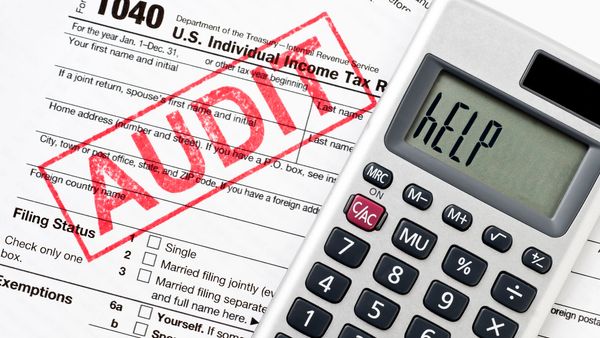
That darn Internal Revenue Service. They want a cut of every little penny we earn. Income taxes are one thing, but the IRS also wants a percentage of any money we make from the sale of stocks, real estate and other capital assets. That’s where the dreaded capital gains tax comes in.
Let’s start with some definitions. What exactly is a capital gain? A capital gain is when the sale price of an asset is higher than the initial purchase price. Let’s say you buy a diamond ring for $5,000 and sell it a year later for $6,000. The amount of capital gain is $1,000. There’s also such a thing as a capital loss, when the selling price of an asset is less than the original purchase price. But we’ll talk more about that later.
Advertisement
The capital gains tax takes a percentage of all realized capital gains. This is an important distinction. A capital gain is said to be "realized" when the asset is sold. An unrealized capital gain is an asset that has increased in value, but has not been sold. The IRS can only tax you on capital gains that you’ve sold and collected. Take that, tax man!
For example, let’s say you buy some stock in Google, and over the course of a year the stock goes up by $100. If you hold onto the stock, the IRS can’t tax you for that $100. But if you sell the stock and collect your $100 profit, then that’s a realized capital gain and is therefore taxable.
But what kinds of assets are taxable exactly? Do I have to tell the IRS if I make $5 selling an old Bee Gees record at a garage sale? And does everybody get charged the same rate for capital gains tax? How is it calculated? Read on to find out more.
Advertisement




